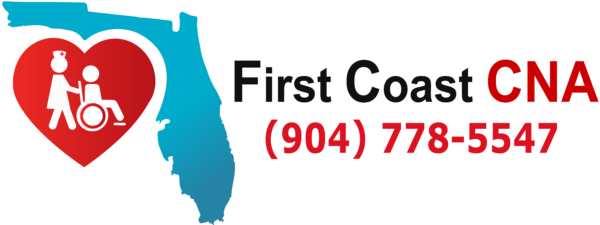In the novel Tuesdays with Morrie, we watch Professor Morrie Shultz slowly succumb to the ravages of ALS. In a somewhat humorous take on a tragic situation, Dr. Shultz responds to a reporter asking him what he’s most worried about by saying that one day someone will have to wipe him.
This sentiment is shared by a lot of adults as they get older. It’s the reason that many respond to incontinence with dread and embarrassment. This embarrassment is why knowing how to care for incontinent patients well is so important for CNAs.
Know the Causes
Incontinence isn’t a health condition, but a symptom of other underlying issues. Knowing the cause of incontinence in a particular patient will help to inform incontinence care. For instance, some incontinence can be triggered by certain foods or drinks. Some common foods and drinks that can trigger incontinence are:
- Coffee and tea
- Carbonated beverages
- Caffeine
- Sweeteners
- Spicy food
- Acidic food (citrus, cranberries, tomatoes)
For others, it’s a matter of bladder muscles weakening because of age, making it difficult to hold in urine when the bladder is full. For these individuals, care may be a matter of strengthening muscles in that area through exercise or by using the toilet more frequently.
Creating a Schedule
Creating a bathroom schedule is valuable for incontinent patients. A typical schedule involves taking patients to the bathroom as soon as they wake up, and then taking them again every one to two hours depending on the severity of the patient’s incontinence. This is especially valuable for patients suffering from dementia who can’t remember the last time that they visited the restroom.
Perineal Care
Even sticking to a strict bathroom schedule, accidents and leakage are bound to happen. Usually, incontinent patients will utilize products made for the purpose such as diapers, pads, or specialty underwear. If patients are unable to change these products themselves, it will be your responsibility to provide perineal care.
When cleaning the perineal area of a patient, it’s important to clean from front to back to avoid urinary tract infections. As you clean, examine the skin of the patient for any tears, rashes, or irregularities. It’s also crucial to protect the patient’s privacy as much as possible. Making sure the doors and windows are shut is the best way to do this.
Be Encouraging
As we said, those struggling with incomitance are often embarrassed or discouraged by their symptoms. Being sensitive to these feelings is just as much part of caring for incontinent patients as tending to leakage. In instances when patients can become involved in their own perineal care, allow them to get involved. And in everything, be honest and encouraging. A little light humor may help ease the tension as well.
Incontinent care is a challenging part of a CNA’s duties. But with the right training and attitude, providing this care doesn’t have to be impossible. Our Jacksonville, FL CNA training can help equip you to respond to the challenges well
